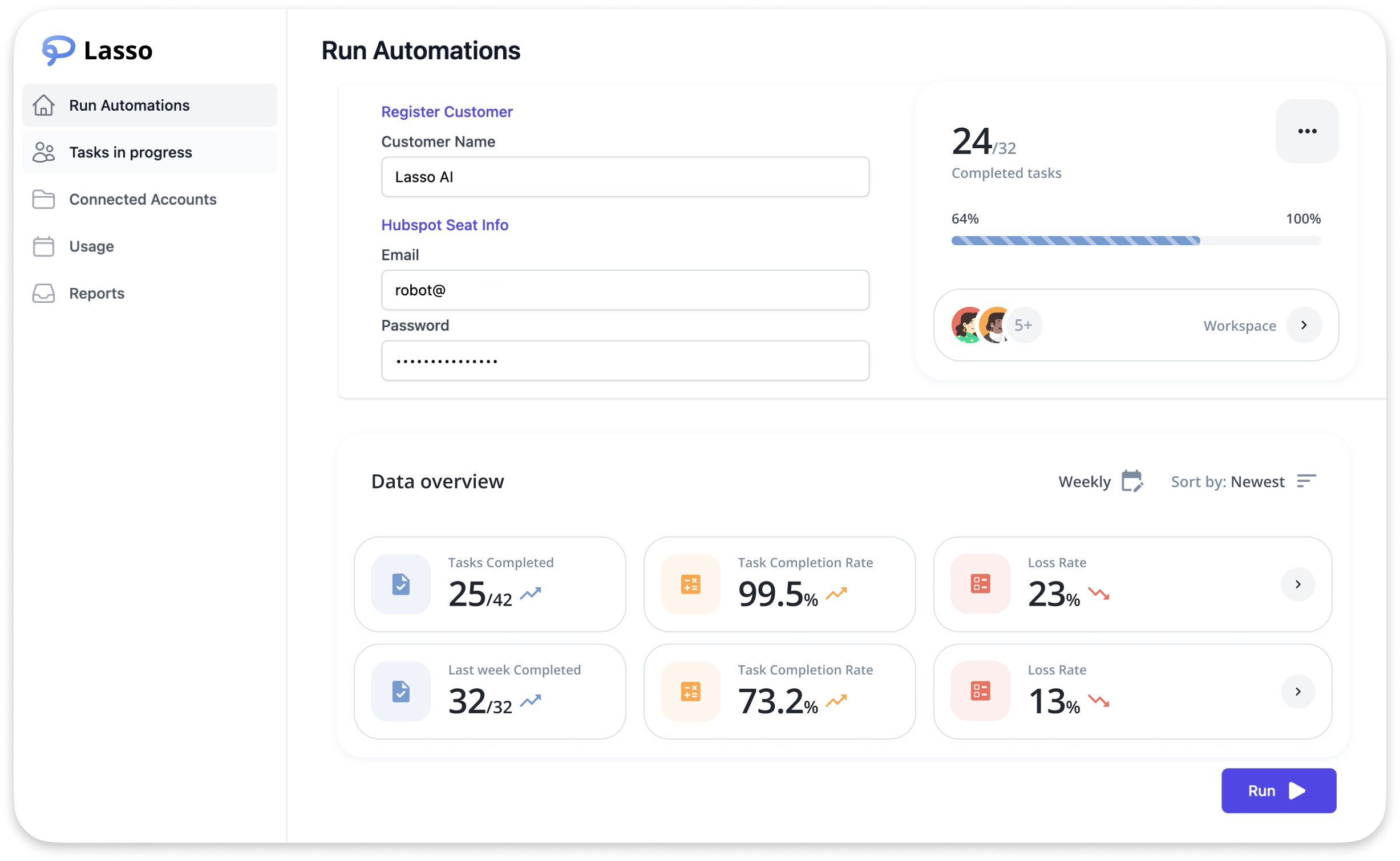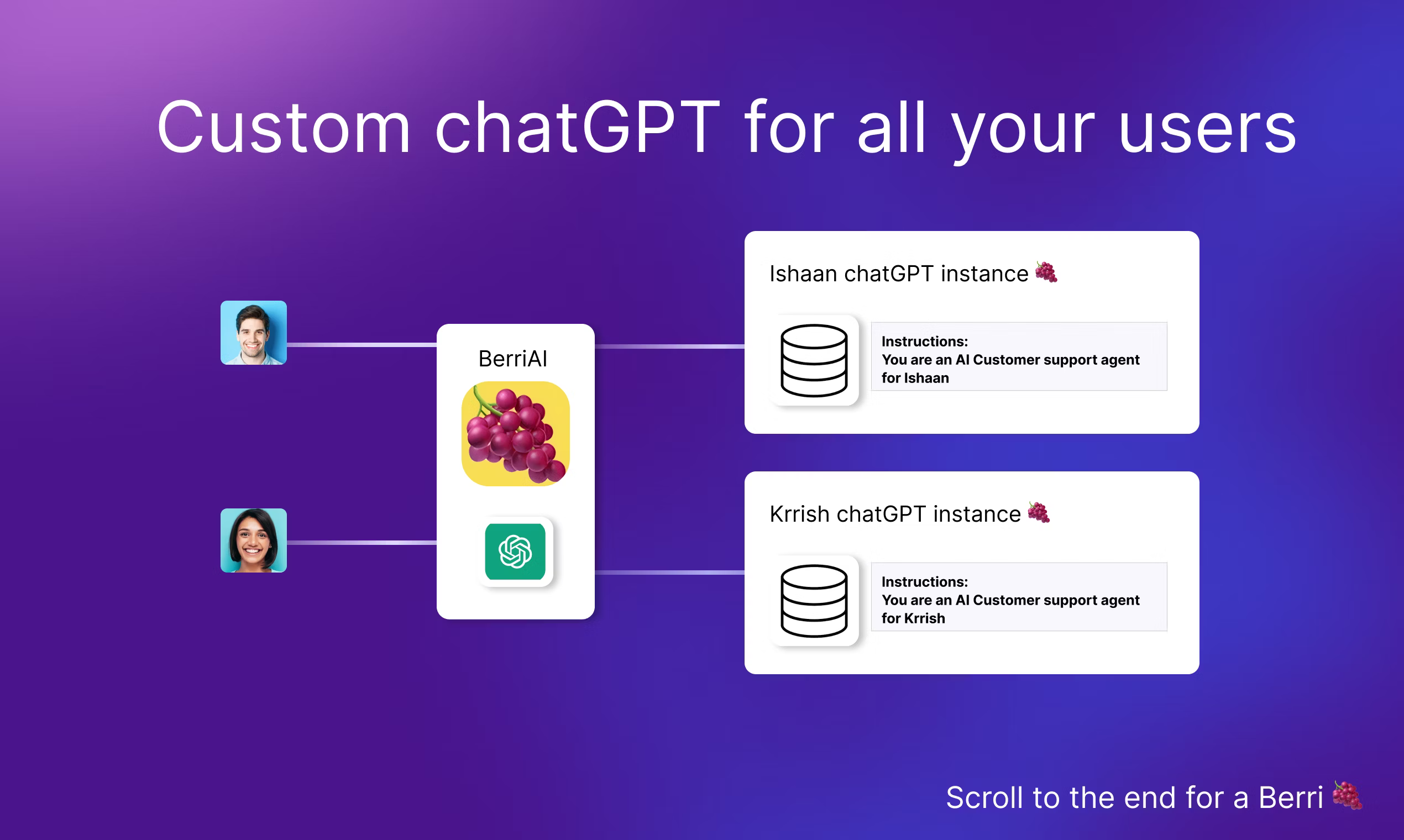The hype around ChatGPT, OpenAI’s viral AI-powered chatbot, hasn’t reached a peak yet. That’s the vibe one gets from Y Combinator’s Winter 2023 batch, which features no fewer than four startups that claim to be building a “ChatGPT for X.”
That new ventures are jumping on the ChatGPT hype train isn’t surprising, considering ChatGPT’s virality. By one metric, ChatGPT is the fastest-growing app in the world, having reached 100 million users within the first two months of launch. Associating with an app that visible, particularly one that’s in the red-hot generative AI space, is bound to get attention — a fact to which this article is a testament.
The first ChatGPT-inflected startup that caught our eye was Yuma, whose customer demographic is primarily — but not exclusively — Shopify merchants. Yuma’s platform provides ChatGPT-like AI systems that integrate with help desk software, suggesting drafts of replies to customer tickets that are both “relevant and customized to the support agents” (in theory).
Interestingly, Yuma “got started by accident,” according to founder Guillaume Luccisano.
“This is my third YC startup after Socialcam and Triplebyte,” he writes in the Y Combinator database entry for Yuma.
By way of background, Socialcam was a mobile photo-sharing app that Autodesk acquired in 2012, while Triplebyte is a recruiting and technical screening platform aimed at enterprise tech companies.
“I released Yuma as a prototype for fun in mid-December 2022, and was overwhelmed with demo requests,” Luccisano said. “That’s when I knew I was onto something and had to turn this into a real company, once again.”
Yuma isn’t very obviously like ChatGPT, but rather takes inspiration from the chatbot’s technical underpinnings: text-generating AI models. Customers can train Yuma’s AI models on historical tickets, having it mimic the writing style of a brand and optionally automatically translate between languages for service agents.
“There are thousands of Shopify merchants around the world generating more than $10 million a year. Most of them have taken over some niches and are great at what they do: selling their products,” Luccisano writes. “But they all have one thing in common: they all hate customer support. It’s a burden for them and a huge source of cost, as they receive hundreds of requests per day … Yuma is solving this in a few ways.”
Yuma, it should be pointed out, has competition in spades. There’s Writer, which deploys home-cooked AI text models to power up enterprise copy. Elsewhere, Forethought is attempting to build more accurate customer service chatbots with constrained AI models. And that’s just the tip of the iceberg — see ventures like Lang, Neuron7 and Ultimate.ai.
They’re all chasing after a customer service software market that’ll be worth $58.1 billion by 2023, assuming the rather optimistic prediction from Acumen Research comes true. Will Yuma — and its ChatGPT-inspired tech for that matter — get ahead of the pack to nab a slice of it? Only time will tell. In any case, it’s a reasonably compelling sales pitch.
Another startup building a “ChatGPT for X” is Baselit, which is using one of OpenAI’s text-understanding models, specifically GPT-3, to allow businesses to embed chatbot-style analytics for their customers. Powered by GPT-3 fine-tuned on “contextual information,” including database schema, Baselit lets users perform database queries in plain English — without having to know any code.

With Baselit, for example, a marketplace could enable its sellers to ask “Which of my product goes out of stock most frequently?” and get the answer in natural language. Or a product manager could figure out the answer to a question like “Why did our gross merchandise value drop last month?” without having to rely on their data team.
“Baselit is [an] AI copilot for analytics,” co-founder Shubham Rana writes in the blog post announcing Baselit. “Product and business teams [can] use Baselit to query and analyze data using plain English.”
Here’s how it works: Customers connect Baselit to their databases — whether Postgres, Snowflake, Redshift or BigQuery — and “chat” with said database to get answers to their questions. Baselit auto-generates the relevant structured query language. Then, the results can be exported to a variety of visualization tools, including Tableau, Excel, Google Sheets and Power BI.
Like Yuma, Baselit isn’t all that novel — other startups such as Borealis AI and Y Combinator-backed Defog (which is also in the Winter 2023 batch) do more or less the same thing, or at least claim to. Indeed, the startup’s success might end up ultimately hinging more on its customer acquisition efforts than its tech.
That’s not necessarily the case with Lasso, one of the last of the ChatGPT-aligned startups we spotted in the Winter 2023 batch. Lasso, interestingly, combines a ChatGPT-like interface with robotic process automation (RPA) and a Chrome extension. Customers send Lasso descriptions or videos of the processes they’d like to automate and the company uses its internal tooling to build out those automations.

The Lasso platform can be used, for instance, to scrape an email for a sales prospect, look through a prospecting tool and save the summarized results to a document. “We want to let anyone regardless of timeline or budget automate the work they do by using natural language or simply sending Lasso the workflow in a screen recording,” co-founder Lucas Ochoa writes in an introductory blog post.
Lasso’s going head to head with RPA behemoths like UiPath and Automation Anywhere, along with the deluge of startups in the RPA and workflow automation space. But Ochoa argues that Lasso solves many of the setup problems associated with incumbent RPA solutions while remaining license-free.
“It’s extremely time consuming and expensive to build out robot process automations using traditional tools like UiPath, not to mention the initial consultant setup fees, which most people are forced to pay if they don’t have the resources in-house,” he writes. “Lasso makes it … cheaper and faster to build any robotic process automation using natural language on Chrome.”
How well Lasso works in practice remains to be seen. But the founding team’s experience instills some confidence. Ochoa and Lasso’s other co-founder, Gautom Bose, previously worked at Google, where their team was tasked with applying the tech giant’s LaMDA text-generating model to commercial products. As a part of Google’s Creative Lab 5 (an experimental R&D group), they helped to launch apps like the AI Test Kitchen and the Pixel Buds Pro.
Potentially to Lasso’s benefit is the general appetite for workflow automation tools. In a recent survey from Formstack, 62% of companies say they’re using workflow automation tools, while 44% say their businesses have made a significant investment in workflow automation tools over the last 12-24 months.
Plus, while RPA VC funding has fallen from the heights it hit in 2018, it remains a large tranche. In 2020, backers poured $296.4 million into startups in the RPA space, according to Crunchbase.
Not in the RPA space but decidedly involving ChatGPT is BerriAI, whose platform is designed to help developers spin up ChatGPT apps for their organization data through various data connectors.
BerriAI acts as an intermediary between customers and ChatGPT, allowing users to prototype with different ChatGPT configurations, share prototypes and push template configs to programmatically spin up multiple instances.

With BerriAI, a company could build a chat or search interface to let employees ask questions about internal documents, or create a tool to automate customer support requests using ZenDesk and Jira Tickets as a knowledge base.
BerriAI charges a steep price for the privilege — $999 per month. But given the buzz around ChatGPT, it — along with Writer, Baselit and Lasso — might just attract a lucrative customer base.































Comment